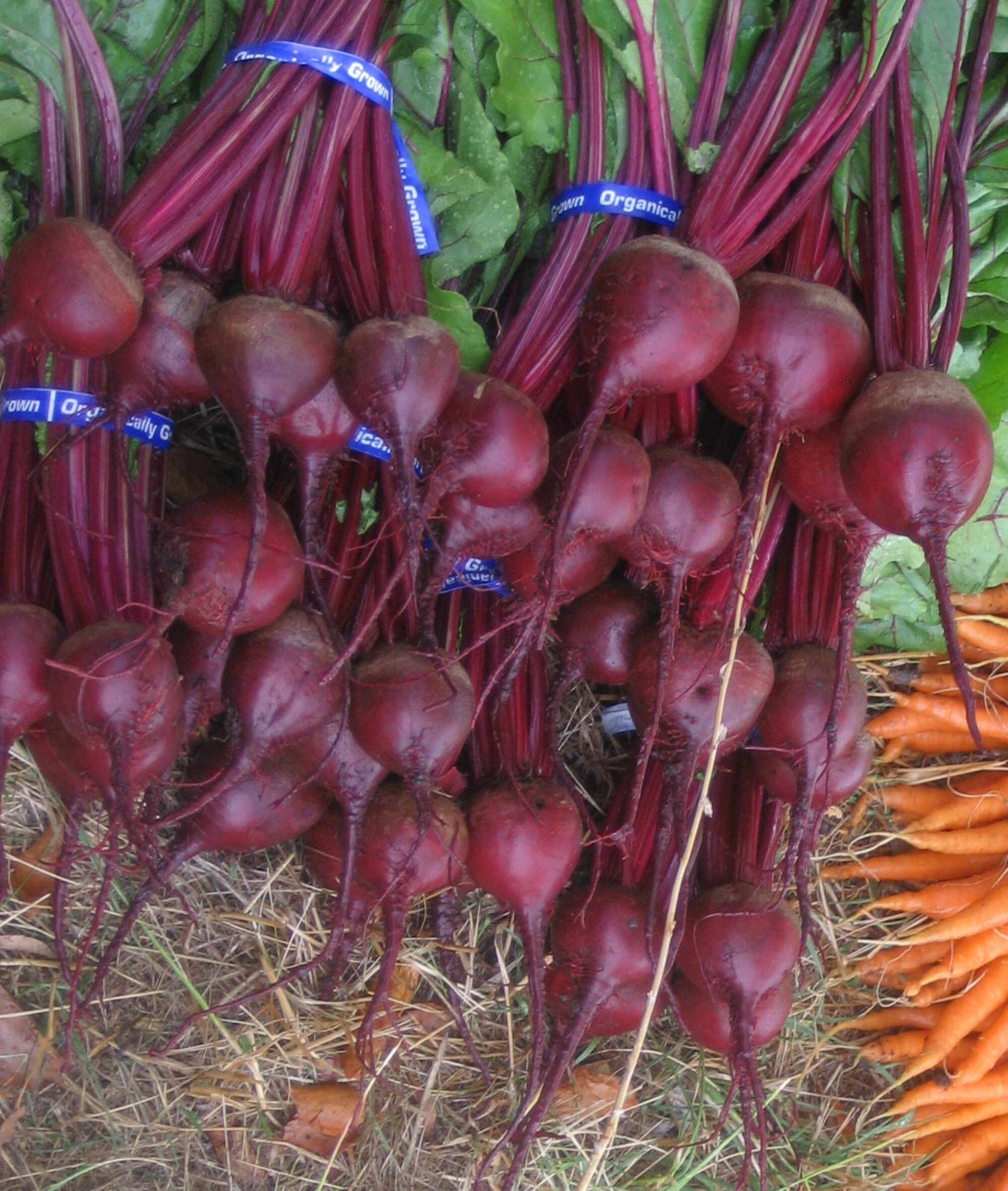When I go to see my grandma I gain a lot of weight
With her dear hands she gives me plate after plate.
She cans the pickles, sweet & dill
She cans the songs of the whippoorwill
And the morning dew and the evening moon
‘N’ I really got to go see her pretty soon
‘Cause these canned goods I buy at the store
Ain’t got the summer in them anymore.
Canned Goods, Greg Brown
I have been listening to this song a lot lately, well actually, I have been listening to a lot of music lately as I stand in the kitchen, sweat beading on my forehead and attempt to preserve the abundance of the gardens this year while at the same time passing on a family heirloom that is as cherished as the Cherokee Black tomatoes I grew in the garden. This heirloom that is as much a part of me as my father’s nose and my mother’s eyes is one of the true gifts that I will pass onto my daughter. It is so crucially important that I pass on this gift to her that I sometimes question if the pressing urgency to share the knowledge of preserving food with the next generation actually is coming from me, or from my ancestors long passed working their magic through me.
In the heat of late summer the stove is the last place I want to be, yet here I stand for hours and hours wondering why I am so possessed to do this, wondering if all of this work even saves me any money. I can go to my local co-op and buy a jar of strawberry jam for a couple of bucks and we have a local producer that makes great dilly beans. Tomato sauce? It’s on sale all the time; I can buy it by the case and get a discount. Then, floating on the steam collecting above my head I hear Greg Brown singing “Cause these canned goods I buy at the store Ain’t got the summer in them anymore,” and the essence of what I am doing comes to light. I am putting the seasons in a jar. All of the winter nights pouring over seed catalogues dreaming of the sun, the rainy spring that nourished the seeds and threatened to flood the land, the hot dry summer that made it almost impossible to keep everything watered, harvesting everything under the blazing sun, or sometimes in the middle of the night just to beat the heat, our daughter laughing and crying, stepping on baby plants and kissing them better, harvesting onions and sometimes just wanting it all to stop. All of that goes into the jar, a year of our family, our love, our struggles, our successes, our life, our food.
As I write this the strawberries have been preserved, the beans and the okra have been pickled, and the plums have been brandied and jellied and jammed. The tomatoes have almost taken me down with enchilada sauce and salsa and marinara and just whole canned tomatoes with herbs thrown in. The peaches are nestled in their sweet bath and I am ready to be done, but I look out the window and I see an acre of pumpkins and winter squash and I start to get that feeling again, one of delight and dread. What will I do with it all?
I did some research and found out that pumpkin and winter squash due to their low acidity cannot be canned using the water bath technique and since I do not have a pressure cooker, I will have to rely on my Excalibur dehydrator and my freezer to get me through. I plan to cube and steam the pumpkins and winter squash and then freeze them for curries and soups and warm thick winter dinners that will coat our insides with summer and keep us cozy. I will steam and puree both winter squash and pumpkin and put them into freezer for breads and pies and treats to bring sunshine into the dark. Last but not least I will dehydrate it to make pumpkin leather with some honey and spices for my daughter Stella, the now holder of the family heirloom, so that one of her favorite treats will always remind her of this gift that she holds and of her responsibility to make sure that her children know how to put the seasons in a jar.
- 2 cups steamed pumpkin or winter squash puree
- 1/4 cup local honey
- 1/2 tsp cinnamon
- 1/4 – 1/2 tsp ginger powder
- 1/4 tsp powdered cloves
- 1/8 tsp nutmeg
- Mix all ingredients well.
- Using the solid sheets that come with your dehydrator, or parchment paper, generously spread the pumpkin mixture, taking the time to spread as thinly and evenly as possible.
- Dehydrate at 140 degrees until dry but still pliable.
- Peel it off the sheets with a flexible metal spatula, if it is over done it will be brittle, but still delicious. If it is under done it will be too wet to peel off, so just put it back in the dehydrator.
- Store in a glass jar sealed tightly in the pantry.
